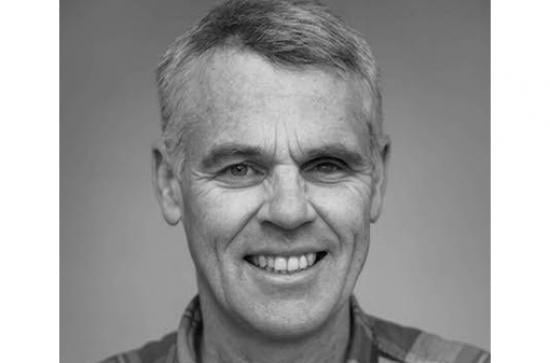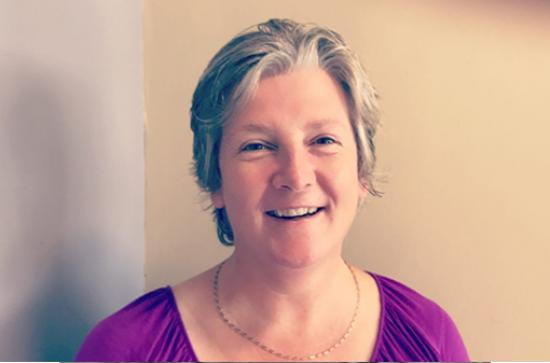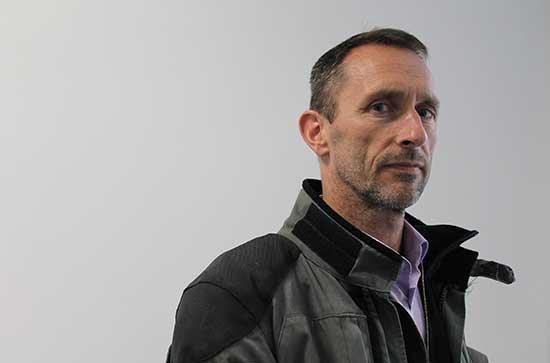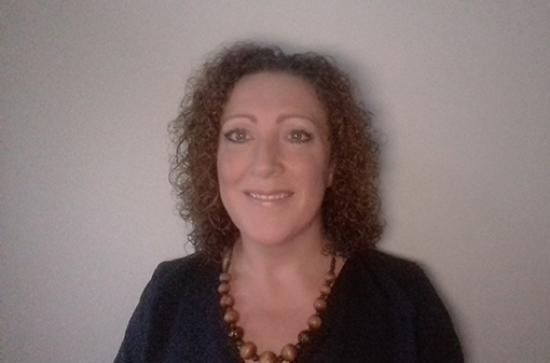Qualification : MASTER OF ARTS DEGREE
Award Type and NFQ level : TAUGHT MASTERS (9)
CAO/MU Apply code : MH55N
CAO Points :
Closing Date : 30 June 2025
The Masters programme in Peacebuilding, Security and Development Practice offers a rewarding learning experience for those who wish to work in development and peacebuilding in conflict or post-conflict contexts.
Integrating negotiation skills with an analysis of wider conflict and development issues; it provides participants with critical insight into the spectrum of international conflict intervention. This includes theory, strategies and practices which range from addressing resource conflict and the use of negotiation tools in the wake of Climate Change, to the role of governments, business and civil society in participatory peace processes. It explores issues around gender and conflict, racism and human rights; and it addresses security concerns which arise from poverty, exploitation and global economic crises. Drawing on insights from peace education, human security and community development processes, it challenges top-down imposed solutions and examines whats involved in participatory, community-led processes of change.
It draws together insights and analysis from different conflict and development situations, as well as from diverse experiences and perspectives on peace and security. Through it, participants develop the understanding, knowledge and skills they need to play an active and leadership role in peacebuilding, security and development in a variety of situations.
The main theme of the programme is an integrated and comprehensive approach to the nexus of peacebuilding, security and development. With increased awareness of the importance of these interlinkages has come increased demands on national and international institutions to respond in a holistic way. When responding to conflict, security actors are required to have a better understanding and greater skills in engaging with communities, institutions and organisations at the local level, while development practitioners recognise a skills-deficit with respect to conflict resolution and mediation. They need to understand and engage with representatives of multifaceted agencies and communities, particularly when anticipating or responding to the consequences of complex crises.
The MA in International Peacebuilding, Security and Development Practice offers participants a unique learning opportunity to engage deeply with these issues and to develop the skills they need to address them. It draws on a range of experienced lecturers, who have extensive experience in development, peacekeeping/ peace making or security in international settings.
Through this Masters programme, participants will develop:
- Their understanding of violent conflict and its impact on human security and development.
- Insight into the processes involved in realising integrated and comprehensive responses to peacebuilding and development in complex contexts.
- Analytical and problem-solving skills, along with innovative and creative solutions, which can be applied in the resolution of a wide range of violent conflicts.
- Ability to negotiate and to engage people in participatory development processes which enable people to reach agreement.
- Knowledge of international institutional mandates, policies and guidelines pertaining to interventions in violent conflict.
- Research skills and primary research experience in the interconnected fields of international peacebuilding, security and development practice.
Undergraduate degree (2.2 or higher) in a development related discipline (e.g. agricultural science, anthropology, economics, education, engineering, geography, health-related discipline, nutrition, rural development, sociology or other social science etc.) or a recognised international equivalent. Those with a professional background in work related to international development are particularly welcome to apply. In exceptional cases, applicants without a primary degree may be considered on the strength of their professional work experience, other qualifications and completion of a qualifying essay.
Minimum English language requirements:
IELTS: 6.5 minimum overall score- TOEFL (Paper based test):560
Duolingo: minimum score 110
TOEFL (Internet based test): 92
PTE (Pearson): 59

Academic
90 ECTS credits are required to complete the MA in International Peacebuilding, Security and Development Practice (Part Time). Learners must complete four compulsory taught modules (35 credits in total) Introduction to Peace Processes and Conflict Intervention, Theory and Practice of Mediation, Negotiation and Dialogue in Peace-building, Conflict, Development and Security, Research Methods, as well as one of Introduction to Development Theory and Practice or Contemporary Global Issues, Challenges and Responses (10 credits). They can also choose from a number of elective modules to make up the remaining 15 taught credits. These address subjects such as: Participatory Development and Leadership, the Environment and Development; Managing Development Organisations;,Gender, Identity and Inclusion.
In addition, MA learners complete a 30-credit research-based thesis. The Research Methods module and final research thesis are completed in their final year. Learners cannot commence their final research thesis without having successfully completed all taught modules.
Delivery Options
A flexible approach to delivery is offered with students studying through a combination of on-campus delivery and online learning. Please note that as some modules require on-campus attendance this programme is only suitable for part time learners who are either resident in Ireland or who can travel to Ireland to attend certain modules as timetabled. It is not possible to complete the full MA in International Peacebuilding, Security and Development Practice Programme (part-time) entirely online.
A flexible approach to on-campus delivery is also taken with some courses offered through 2.5-hour taught classes over 10 weeks and others offered through more concentrated blocks of time, depending on timetable requirements and arrangements. Online learning is structured to allow learners to study at their own pace over a semester and it includes some face-to-face interaction as well as structured materials and discussions online.
Learning Approach
The Department of International Development applies a learner-centred, participatory and flexible approach to learning. This, combined with the diverse groups of full- and part-time learners, including a significant number of international students, creates a unique learning environment that builds on both the diverse array of experiences of participants and on the knowledge and experience of academic staff.
Course Duration: 2, 3 or 4 years part-time
Online application only. To make an application please click here.
To apply for your chosen postgraduate study at Maynooth University, please ensure you have the following documents to make an application:
- Evidence of your primary degree
- Academic transcripts
- A copy of your passport
- A personal statement
- An academic letter of recommendation
- A professional letter of recommendation
Applicants for whom English is not their first language are required to demonstrate their proficiency in English in order to benefit fully from their course of study. For information about English language tests accepted and required scores, please see here. The requirements specified are applicable for both EU and International applicants






